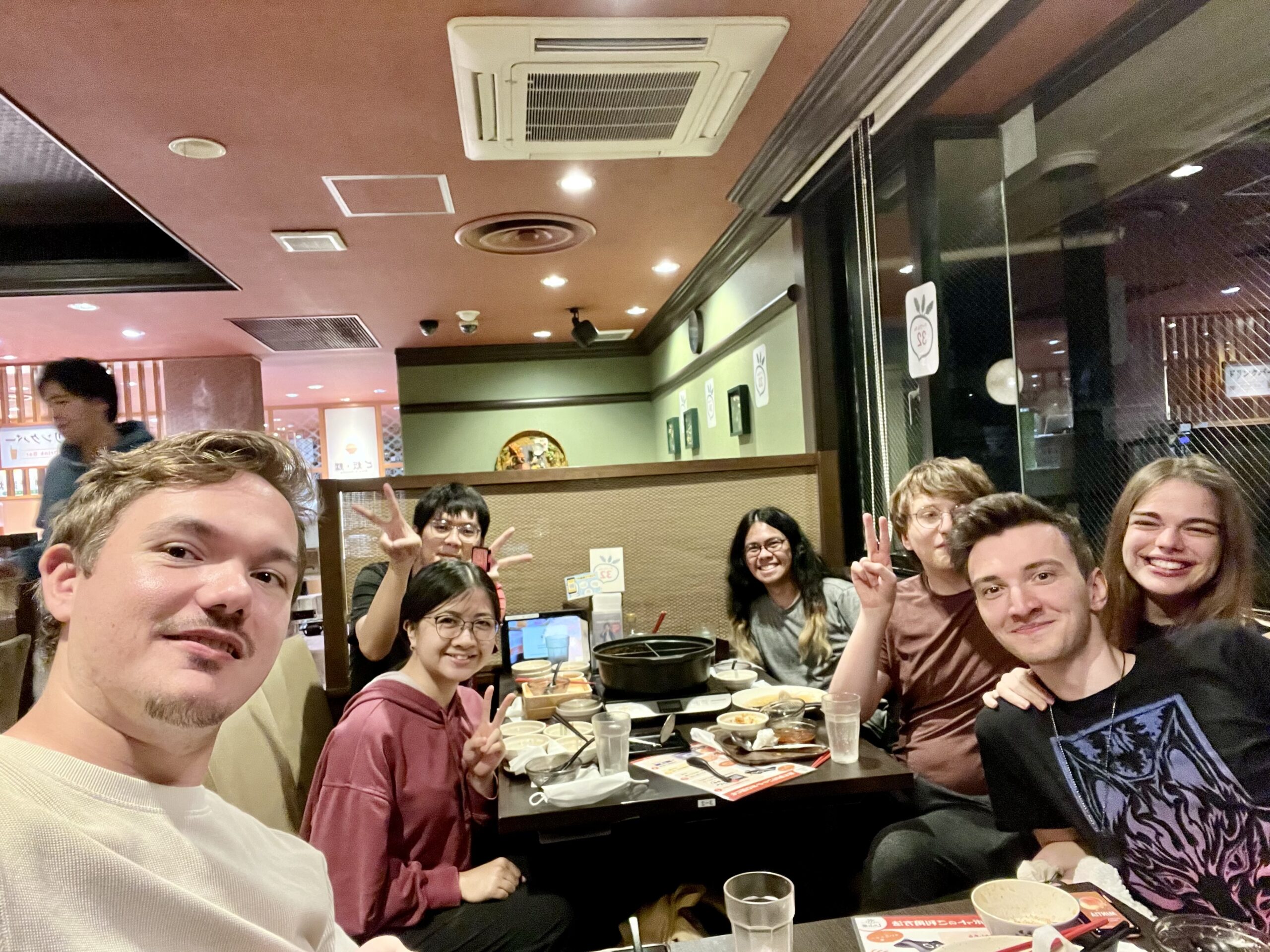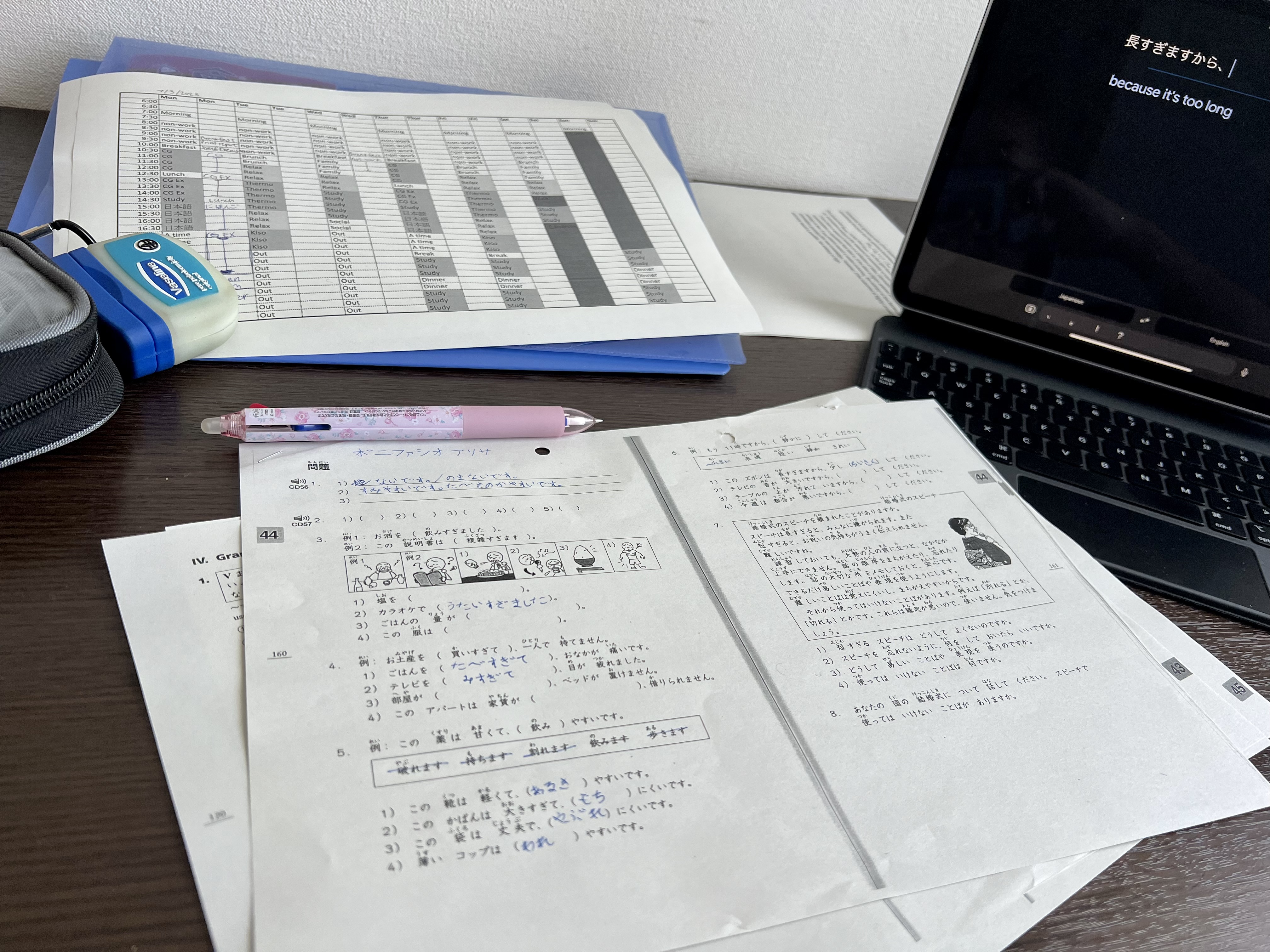
Finding Balance in Japan: Juggling Fun and Academic Success
Japan is a country many people romanticize, envisioning a perfect, fun, anime-like life…until they realize there are no subtitles. When I first arrived, I knew not to set unrealistic expectations, especially with my limited fluency in Japanese. Instead, I romanticized the idea of striking the perfect balance between social life, language study, church, academics, phone calls to my family, and quality sleep.
During my initial two months in Japan (first academic quarter), I had a blast, seizing every opportunity to go out with friends and making the most of my time. Academically, I managed to maintain respectable B’s, though I initially aspired for A’s and a more structured routine. I imagined completing all my assignments in the morning and relishing evenings out with friends. However, I came to realize that this approach might suit others but not necessarily me. The thirteen-hour time difference and my class schedule only allowed me to call my family twice a week, not every day as I had hoped, so I felt strong homesickness every few weeks.
At the start of my second quarter, I faced a pivotal decision: whether to prioritize my studies or continue going out frequently. As an outgoing person, this wasn’t an easy choice. Nevertheless, I recognized that for a fulfilling study abroad experience, I needed to maintain a healthy focus on academics. That meant reining in my social outings and being mindful of my responsibilities. While I still cherish time spent with friends, I ensure I leave early enough to get ample sleep or complete some homework.
This decision stemmed from the understanding that I will revisit Japan in the future, purely for vacation and without the burden of academic responsibilities. Focusing on one thing at a time is more in line with my nature, and I know it will bring me great relief during my future travels.
Being abroad brings a unique set of challenges when it comes to decision-making. The allure of exploring a different country can be irresistible, tempting us to indulge in endless fun. However, I realized that setting my priorities straight was the key to maximizing my experience. By making difficult decisions now, I am investing in a brighter future. The lessons learned during this study abroad journey will undoubtedly shape my life in meaningful ways, both personally and professionally.

